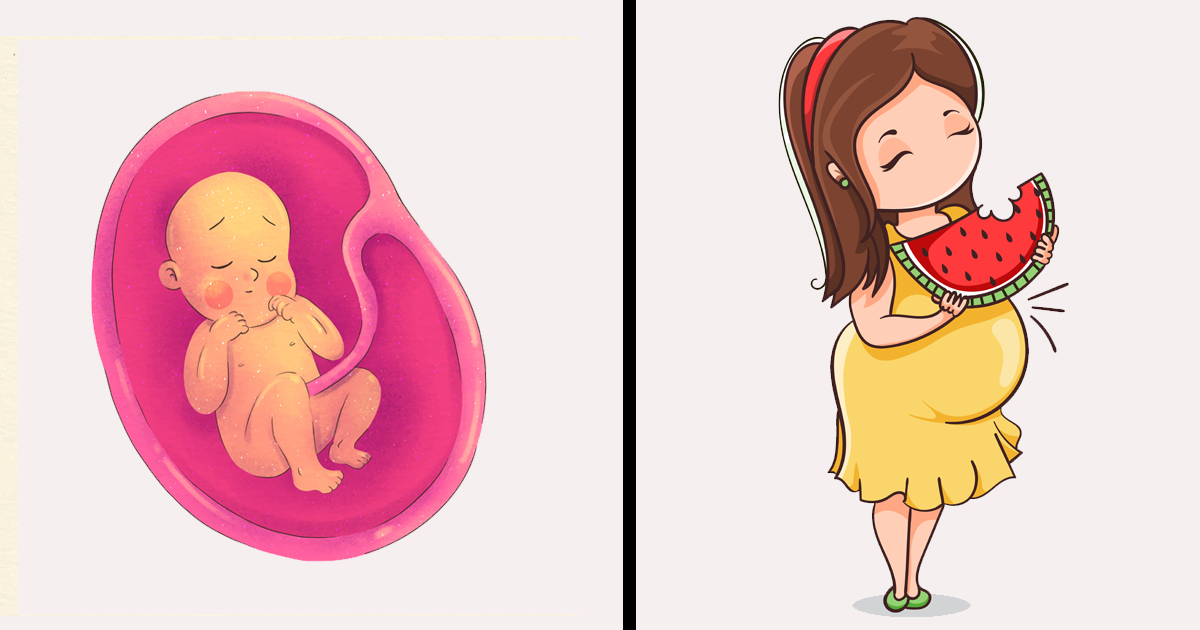Pregnancy is a period where you have to focus on nutrition intensely. It is very important to keep a watch on what you put in your body because it affects the health of the baby as well as you. There are several important nutrients that you must consume during pregnancy in adequate amounts. Deficiencies of important nutrients can lead to problems in the pregnancy or affect the health of your child. Ultimately, it comes down to maintaining a balanced diet comprising simple foods. You do not have to purchase any fancy supplements or add superfoods to your diet.
Here are some of the nutrients that you must focus on obtaining during pregnancy:
#1 Folic Acid
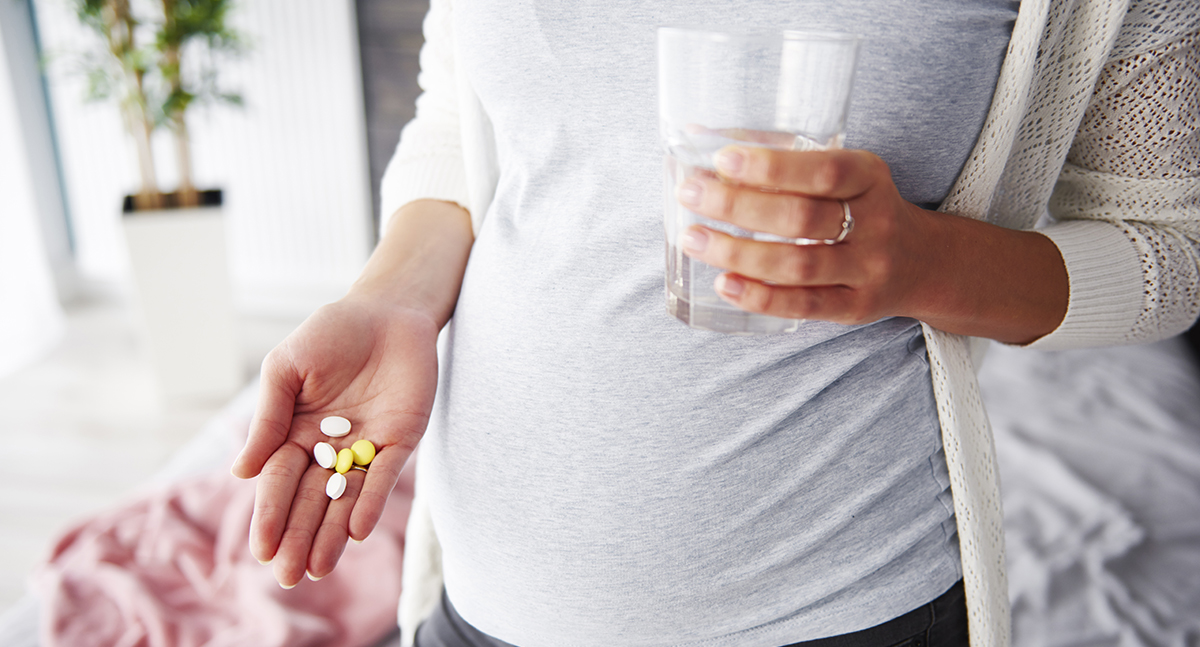
This is one of the most important nutrients that your baby needs for proper development. It affects the neural development of your baby that is the development of the spinal cord and brain. Before they become complete organs, the brain and spinal cord are present in the form of a neural tube. Defects in the neural tube have been linked to the deficiency of folic acid. If you are trying to get pregnant, you are advised to take folic acid supplements well ahead. Folate is also known as vitamin B6 and it helps prevent premature delivery and low birth weight. Folic acid is naturally present in green leafy vegetables, dried beans, and lentils as well as fortified cereal. Supplementing Folate is a good idea and you should do it while planning the pregnancy.
#2 Iron
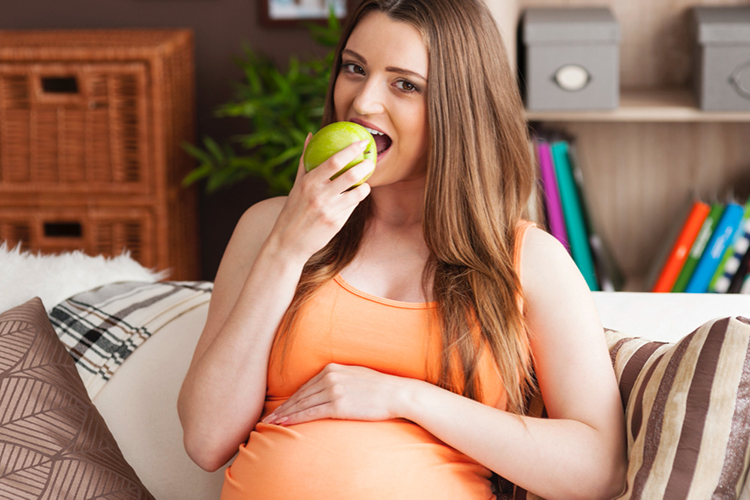
Iron deficiency anemia is one of the most common associated conditions that affect women during pregnancy. Anemia leads to excessive fatigue and hair fall and many other undesirable symptoms resulting from the lack of hemoglobin in the red blood cells. Iron is directly involved in the production of hemoglobin and hemoglobin is important to transmit oxygen to different cells in the body so that they can function. During pregnancy, it is advised that you double the dose of the regular requirement of iron because you are prone to deficiency. You require a minimum of 27 mg per day. Red meat is a good source of iron. Green leafy vegetables and fortified food are also good options. Usually, supplements of iron and folic acid are available together which will be a good idea but you need to take them after consulting your physician.
#3 Vitamin D and Calcium

Both these micronutrients are vital for the health of your bones. Calcium strengthens the bones and teeth. It is also important for proper blood circulation in the body. It supports a healthy heart. Calcium is found in abundance in dairy products. You can also consume kale, fruit juices, and fortified cereal. Vitamin D is important for the absorption of calcium in the body. It works along with calcium to improve the health of the baby‘s teeth as well as bones. Vitamin D is one of the most commonly deficient nutrients in adults. You must get your levels checked to know whether you have a deficiency and get it treated if you do. Foods such as fortified cereal and fatty fish are good sources of vitamin D, the best source being sunlight.
#4 Protein
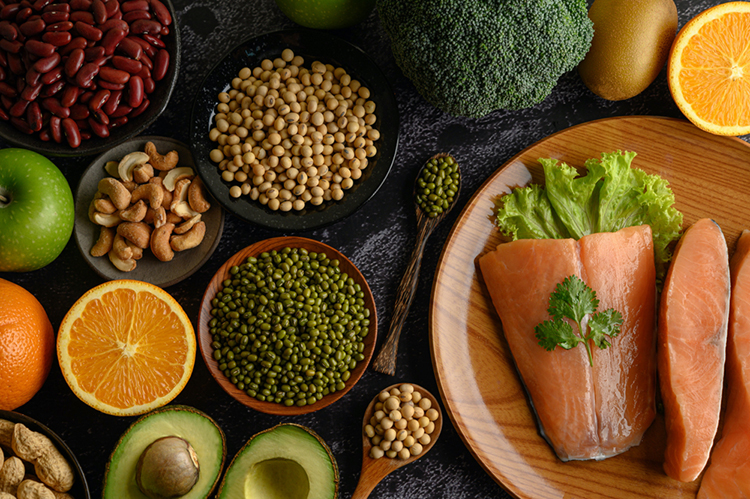
You must not deviate attention from the macronutrients that you are consuming daily especially when you are pregnant. Protein is even more important when you are pregnant and you must consume 71 g every day. Finding sources of protein is not difficult if you follow a regular diet comprising plant as well as animal sources. Lean meat, eggs, beans, nuts, and soy products are all rich in protein. Protein is important for the health of the baby and the optimal growth and development of the baby in the womb. It is also important to keep your weight in check and keep you healthy and ready for delivery. A diet that is rich in protein without compromising on essential micronutrients is the key to maintaining your health throughout pregnancy. You must focus on consuming more proteins and reducing carbohydrates because pregnancy is a period when you’re prone to becoming hyperglycemic.
#5 Vitamin A
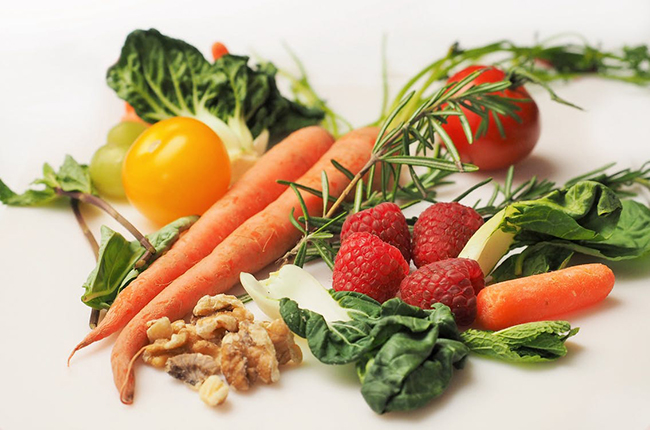
The requirement of vitamin a during pregnancy is higher than normal as it is important for better vision, healthier skin, and optimal bone development during pregnancy. It is an antioxidant that helps tackle and remove oxidative stress from the body. It plays a direct role in the development of the eyes, skin, and bones of your baby. The deficiency of the vitamin can lead to premature birth and low birthweight. Carrots, cantaloupe, and bell peppers are great sources of vitamin A. Usually, you do not require additional supplementation but if you feel that you are deficient, consult with your physician.
#6 Vitamin C
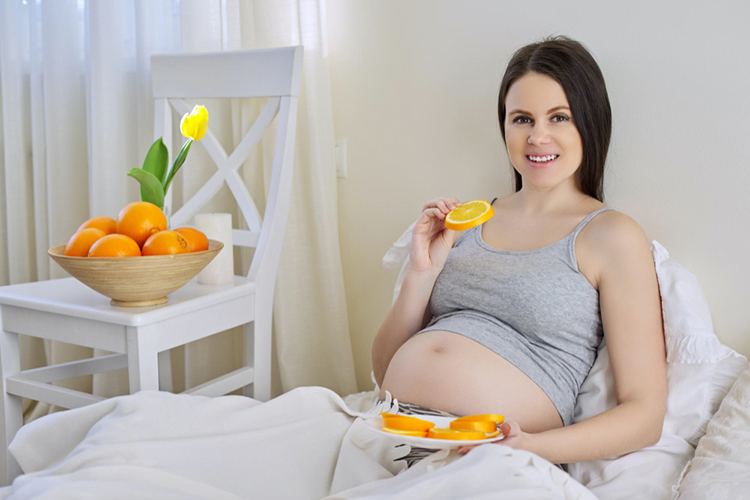
The most important role of vitamin C in the body is that it helps to produce collagen. Collagen is what keeps different structures in our bodies and helps maintain integrity. It is important in the development of blood vessels, bones, tendons, etc. vitamin C is one of the best antioxidant substances in the body and it helps to reduce inflammation significantly. It acts on toxic
free radicals and removes them. Deficiency of vitamin C has been linked to preeclampsia which is a dangerous complication during pregnancy. You require 85 mg of vitamin C per day during pregnancy. Some of the best sources of vitamin C include oranges, other citrus fruits, guava, kiwi, papaya, and so on.
#7 Fiber
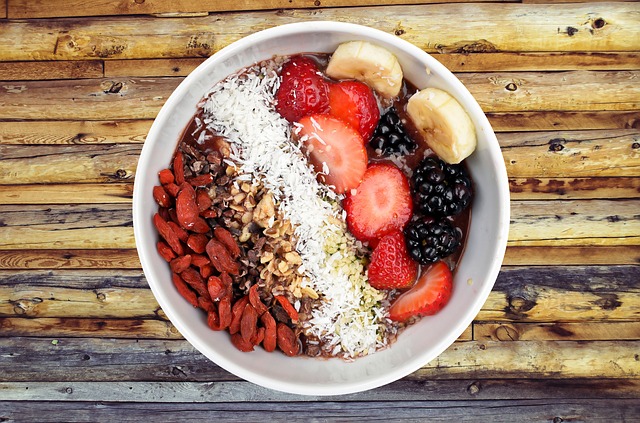
Dietary fiber is very important for digestive health and promotes the overall wellness of your digestive system. It plays a very important role in making sure that your body is capable of absorbing all the vital nutrients that it gets from the food that you eat. Gestational diabetes is a common occurrence during pregnancy where pregnant women experience high blood sugar levels. Consuming enough fiber can prevent the occurrence of gestational diabetes which can later lead to actual type two diabetes and giving birth to a big baby. Fiber is also important to keep blood pressure levels in check. This is important because high blood pressure is the main cause of preeclampsia. You will find that whole-grain foods such as bread, oats, whole-grain cereals, whole-wheat pasta, etc are rich in fiber.
You must pay close attention to what you eat during pregnancy because it directly affects the growth of your baby. Just as important as focusing on what you need to eat is knowing what to avoid during pregnancy. For example, you must stay away from alcohol at any cost. Similarly, caffeine is something that you must avoid. Other than that, focus on obtaining nutrition through a balanced diet rather than worrying about every single meal.

